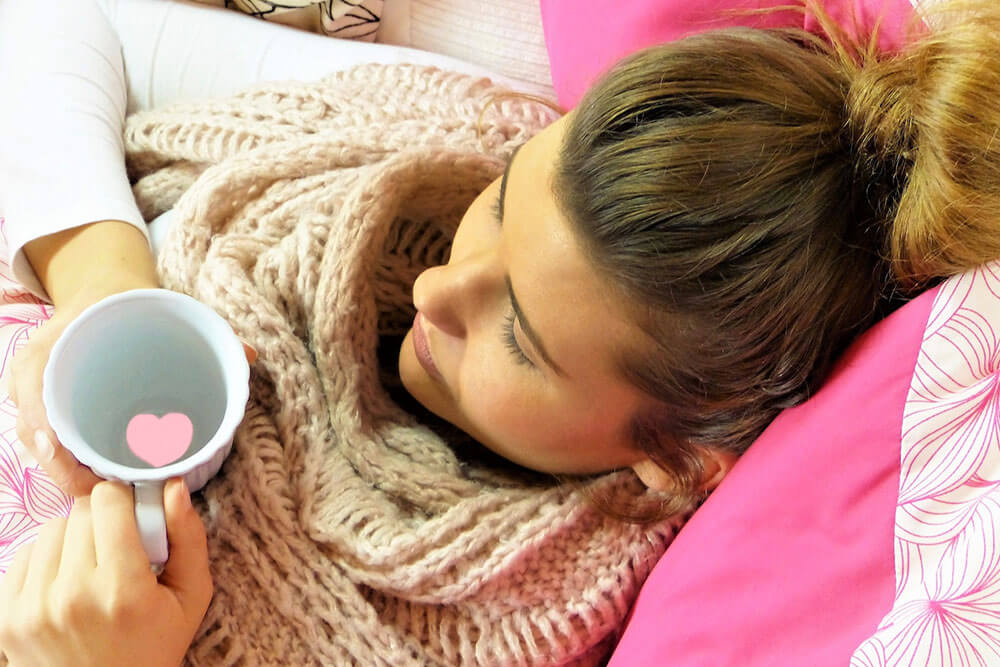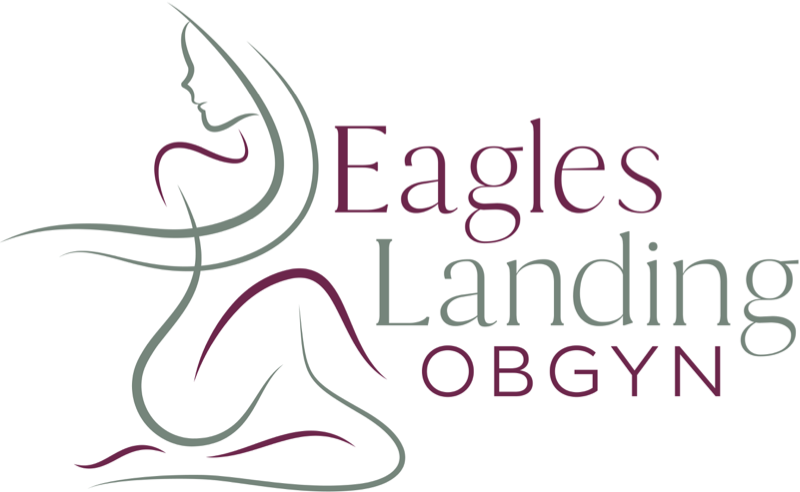
March is National Endometriosis Awareness Month, making it an ideal time to learn more about how this condition affects approximately 176 million women each year.
Although there is no cure, a woman’s quality of life can be improved through a variety of drug-related and natural health treatments based on a woman’s individual goals for pain relief and fertility.
What is Endometriosis?
Endometriosis is an often painful disorder in which tissue similar to the lining of the uterus called the endometrium grows outside of the uterus. This may induce a chronic inflammatory reaction that leads to scar tissue. Endometriosis can grow on the ovaries, bladder, recto-vaginal septum, bowel or pelvic peritoneum. It affects approximately 8 out of 10 women each year.
While some women may not experience any pain at all, most women have numerous symptoms. Many people associate endometriosis with just painful periods, but it is more inclusive and intrusive than mere cramping.
Signs & Symptoms:
- Pain during or after sexual intercourse
- Chronic pelvic, lower back and abdominal pain
- Fatigue and depression
- Pain before, during and after ovulation
- Infertility or difficulty conceiving
- Lengthy, heavy periods, with or without clots
- Irregular periods or spotting before the period starts.
- Lightheadness or dizziness
Other factors associated with this disorder include starting menstruation at an early age, having a heavy period, even exposure to some environmental chemicals. Many women tend to normalize the pain, which results in delays of diagnosis and treatment.
Treatment Options
During a woman’s menstrual cycle, endometrial implants thicken, dissolve and bleed which causes pain. Oftentimes, doctors recommend over-the-counter pain relievers like Advil, Motrin IB or Aleve to help ease painful menstrual cramps.
Other times, supplemental hormones are most effective. Options like birth control pills, patches and vaginal rings help control the hormones that cause the buildup of endometrial tissue, so they help reduce the pain of mild or moderate endometriosis. Hormone therapy isn’t a permanent fix for endometriosis as a patient’s pain may return after treatment ends.
If a woman is experiencing significant pain, or if she hopes to become pregnant, a doctor may recommend surgery to remove as much endometriosis as possible without removing the uterus and ovaries. Severe cases may require a woman to have a total hysterectomy in which the uterus, cervix and both ovaries are removed.
We Can Help
If you are experiencing any of these symptoms or if you are looking for medical alternatives, please consider scheduling an appointment with Revive Medical Center. We are devoted to providing high-quality medical care in a relaxed, friendly atmosphere. Call 770-474-1919 to find out how we may be able to serve you.
